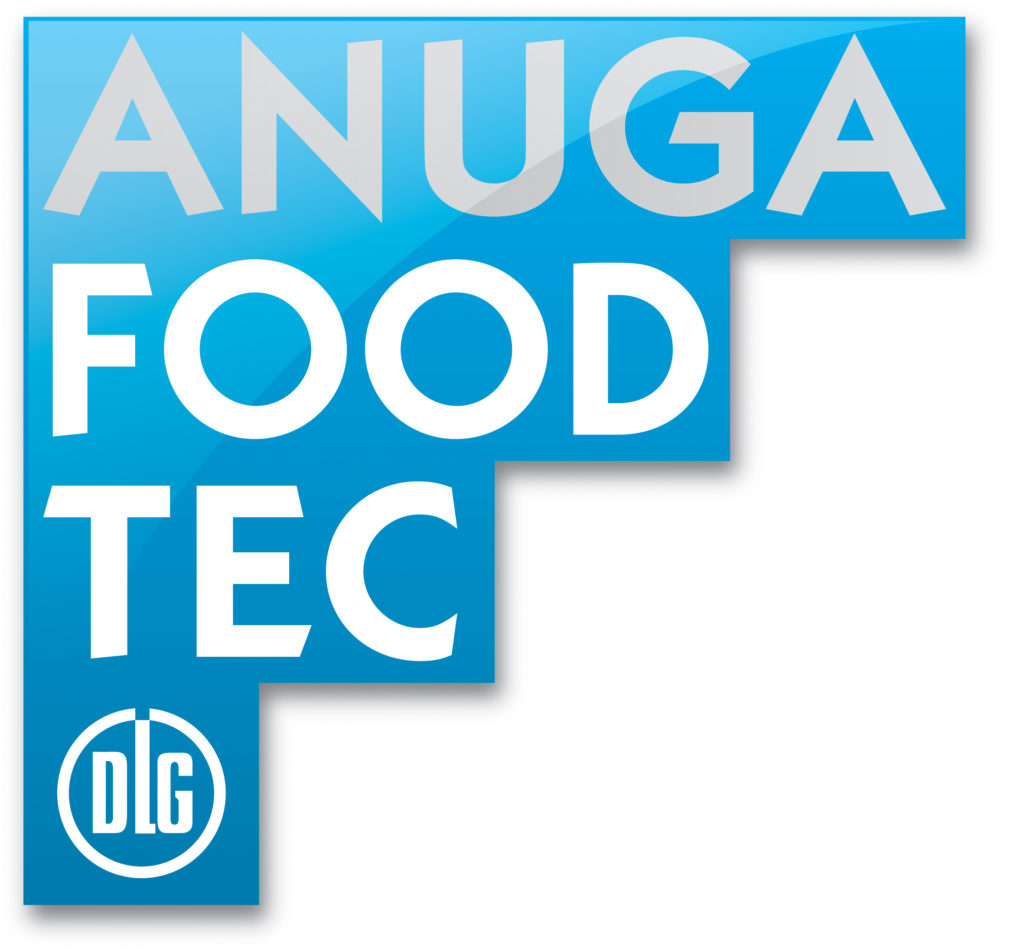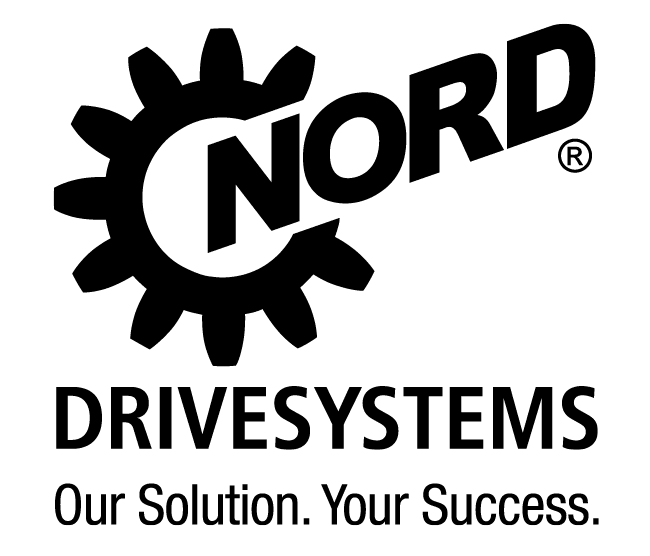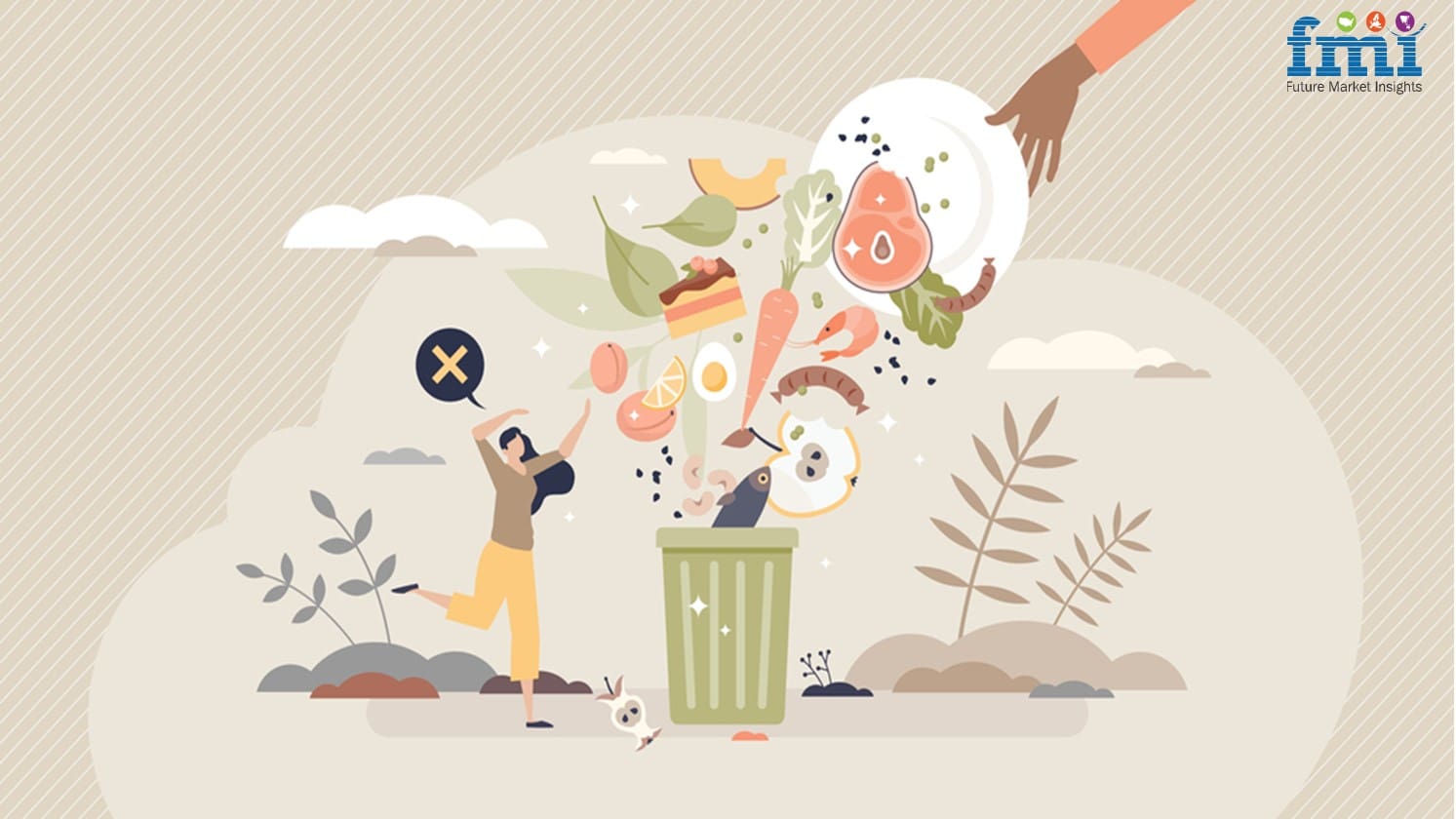++ Sustainable packaging solutions under the main theme of “Responsibility” ++ Recyclable packaging material ++ More ecological production ++ Packaging lines streamlined for efficiency ++
Anuga FoodTec 2024 takes on special importance against the background that the food and beverage industries play a central role for the theme of sustainability. Sustainable packaging solutions are at the top of the agenda of the international industry meeting point, which will take place under the main theme of “Responsibility“ from 19 to 22 March 2024 in Cologne. From recyclable packaging materials to packaging lines streamlined for efficiency, the solutions presented contribute significantly to more ecological production.
One of the most exciting themes that will be discussed at Anuga FoodTec is the question of the “optimal” packaging material. Making the right decision here is still a challenge for food producers. With the New Green Deal of the European Union, the requirements for recyclability are also joining the wish for less and lighter packaging. All non-recyclable substances should be banned from packaging by 2030 at the latest. The focus is especially on multi-layer foils, which provide a high protection function. They present a great challenge, because the various materials must first be separated with difficulty and subsequently processed separately.
Paper and mono-foils have the advantage
Called for now more than ever are solutions that preserve resources, that reliably protect food products – because only a product that reaches the consumer in perfect condition ultimately contributes to sustainability. This is where the packaging industry comes in. More paper instead of plastic, more recyclable mono-materials instead of multi-layer films are the answers of the companies exhibiting at Anuga FoodTec, who are helping producers on their path to climate neutrality with their expertise in the packaging field. The challenge here: paper in itself has no barrier or sealing properties – these must first be lent to the material. The most recent progress achieved here will be presented in Cologne.
This includes functional papers with a high ratio of renewable raw materials that make special coatings or lamination superfluous and can be recycled in the paper cycle. With integrated barriers against oxygen, steam and grease, they ensure that the quality of the packaged food is preserved. Other papers have a dispersion on the back that provides good heat sealability.
They are suitable for multi-packs and such foods as require no special protection – like candies or small confectionery. Whether stand-up bags, flow packs or thermo-formed packages: the appropriate concept for any packaging can be found in the exhibition halls. Designed correctly, plastic packaging can also be a role model with regard to recyclability. With a broad portfolio of mono-materials, foils of renewable resources as well as especially thin structures, the providers at Anuga FoodTec present packaging competence in its best form. They can be added to the corresponding recyclable material cycles as true single-substance solutions.
No compromises in machinery performance
The packaging process needs to function quickly and reliably, and that also with alternative packaging materials. The packaging machinery manufacturers have therefore long had an eye on development in the direction of sustainability. They pay great attention to the flexible possibilities for usage of their systems when designing them and test the innovative packaging concepts for their suitability. In order that flow bags of fibre-based foils with a high speed can keep up with the machinery performance of plastic flow bags, the tensile strength of the sealing seam is examined as precisely as possible, for example.
With the high performance packaging machines of the latest generation, flow bags of barrier paper can be produced with an integrated heat-sealing capability and a paper ratio of more than 95 percent – on the one hand using the usual cold-sealing process, on the other with the far more complex heat-sealing process. Precisely variable temperatures thereby adapt the process both to the requirements of the packaging material and to the resilience of the product to be packaged. While existing machines could not to date process these, special retrofitting kits have in the meantime solved the problem. Food manufacturers can thus easily change between paper and monostructures based on polypropylene or polyethylene.
Seamlessly automated packaging
Only when packaging and system are perfectly harmonised with one another can food production processes run efficiently and with high performance. When conceiving of fully automated and robot-supported packaging machines, attention is therefore no longer only paid to the primary and secondary packaging, but instead also increasingly to the upstream and downstream processes.
Food manufacturers require highly flexible systems that allow easy and quick format changes and are subsequently immediately ready to use again. Proven standard modules are used for all packaging processes like setting up carton blank cuts, grouping and top-loading as well as for sealing and labelling. If the product should first be placed in either a cardboard or a plastic tray, this function can be easily realised with an additional dividing machine.
Advantageous is such a machine concept that also consistently follows the plug-and-play philosophy when it is important to attach space-saving end-of-line solutions to seamlessly reflect the entire process. Even external aggregates that carry out tasks like labelling and palletising can be integrated and operated via a single HMI.
The combination of flexibility and multi-functionality makes the modern packaging machines that can be seen live in operation at Anuga FoodTec real all-round talents. Over the long term this means fewer unplanned downtimes, less discard, less use of resources and more sustainability in production as a result.
This is of decisive importance, especially in industries with easily perishable goods like meat products or speciality foods – because practically every unplanned stop can result in the food product no longer making its way to the point of sale. What other sustainable solutions the packaging industry has to offer will be shown from 19 to 22 March 2024 at the international supplier trade fair for the food and beverage industries in Cologne.
For more information, please have a look at our new digital Anuga FoodTec magazine under the product segment: Filling & Packaging.





